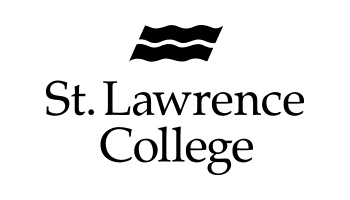Program Overview
This program is general in nature and is designed to provide a wide choice of career opportunities in the business world. Students in the program will gain a practical understanding of key principles and practices necessary for success in the field of business, and acquire a range of fundamental skills in areas such as finance, accounting, human resources, operations management, marketing, and sales.
Admission Requirements
Secondary School Diploma including Math 11 and English 12, or equivalent. Students must meet one of the following language requirements:
- Canadian College of English Language Level 140, Pass with 60%.
- St. Lawrence College ESL Advanced, Pass with 60%
- IELTS 6.0 (minimum of 5.5 in each section)
- TOEFL CBT 213 , TOEFL IBT 78






